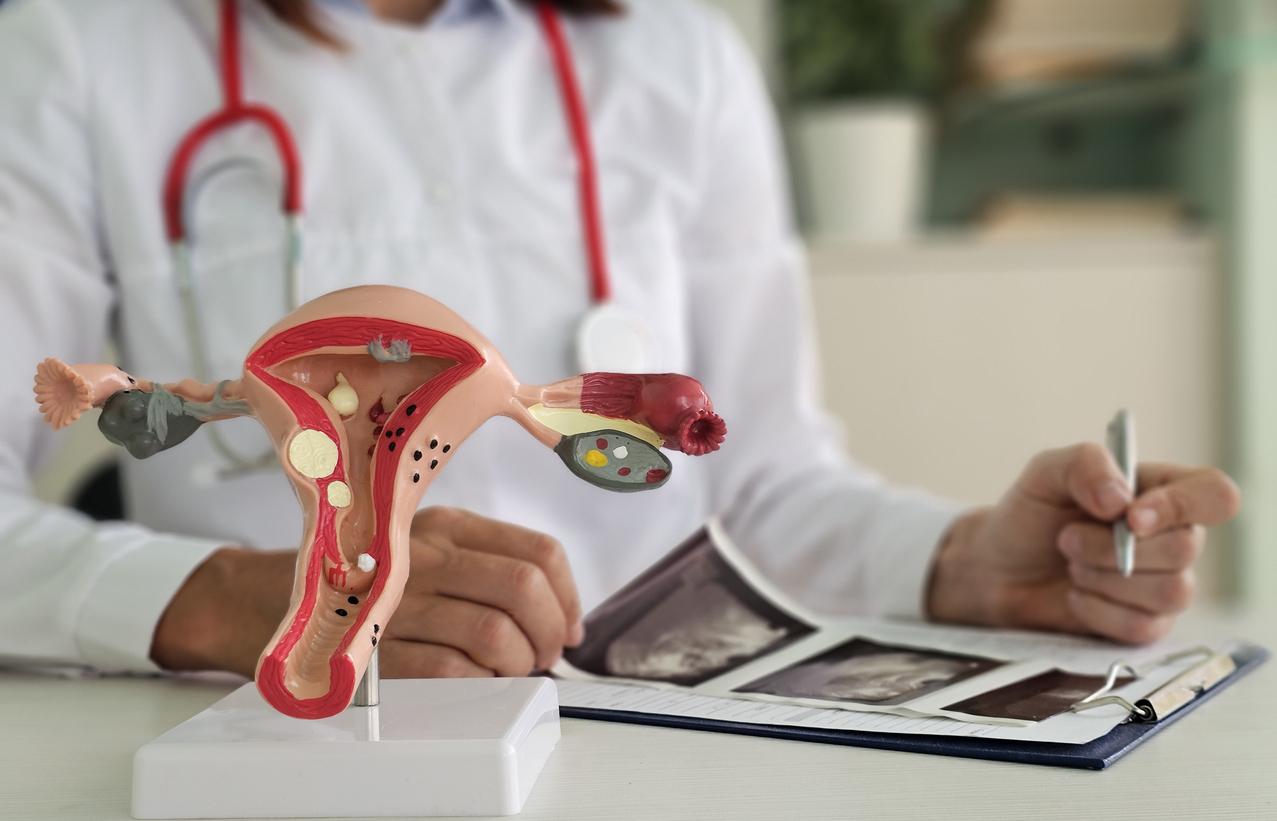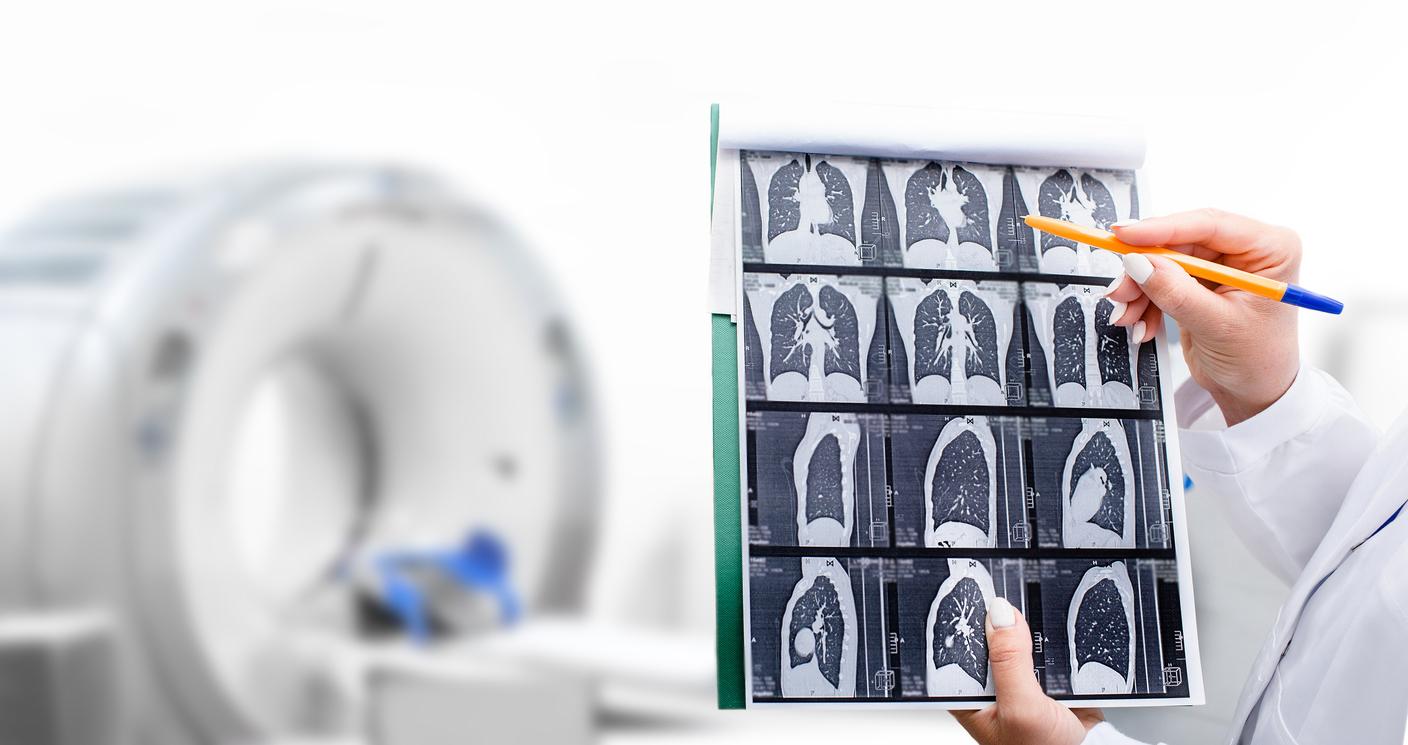Despite legal and medical progress, homosexuals are still hampered in accessing HIV treatment and testing.

Preventive treatment, rapid testing … Against HIV, offers intended to improve the care of people at risk have multiplied over the years. But their access remains problematic in many countries, recalls an international group of researchers. Men who have sex with men (MSM) are severely disadvantaged, he explains in The Lancet.
Some positive points
In 2012, the authors of this article called on states around the world to step up action against the HIV epidemic. They then demanded more reforms, funding, improved access to prevention, screening and treatment methods. Already, access to pre-exposure prophylaxis (PrEP, drug prevention) was mentioned.
The situation is indeed catastrophic: to date, almost 37 million people are living with the virus in the world. In 2014 alone, 2 million new infections were identified.
In this new report, the researchers analyzed the literature published between 2007 and 2015, in order to observe the impact of their common forum. A few positive points can be noted: the United States has provided funding of $ 100 million for a program that targets populations at risk – including MSM.
Work on PrEP is also progressing: France, United States, Canada have authorized Truvada for prevention. If the United Kingdom is still hesitant to follow suit, Mexico, Argentina and the Netherlands have started the process.

Too much discrimination
Progress, of course, but minimal in view of the needs of people at high risk who are MSM. And industrialized countries are just as concerned: in the United States, a 20-year-old African-American man is twice as likely to be infected with HIV during his lifetime than the general population.
“Infection rates have slowed in recent years, but we are still concerned about the continuing epidemic among homosexuals; we are going in the wrong direction, ”says Chris Beyrer, co-author of this study.
At issue: the often flouted civil rights of gay communities. In Russia, Nigeria and Uganda, this repression is blocking access to screening and antiretroviral treatment. The authors even cite the example of Malawi, where a man was arrested after testing positive. He had recognized that another man had infected him.
“In many countries, these men are not welcome in clinics, and the fear of discrimination poses an obstacle to treatment but also to screening,” concludes Christ Beyrer.
Prevention is not much more accessible, whether it is condoms or PrEP. In the United States, the cost of Truvada is too high for many Americans who do not have sufficient insurance.
A lead towards the long-awaited vaccine?
An American team rekindles the hope of a preventive vaccine against HIV. In Nature Medicine, they explain the mode of action of a product already tested in the past: RV144. It has been tested in Thailand between 2003 and 2009 – date on which it was interrupted. The researchers carried out research on rhesus macaques in order to reproduce these results. Their new formula, containing aluminum as an adjuvant, is very effective in animals: the risk of contamination is reduced by 44%. To achieve this, the new RV144 vaccine expresses 10 genes out of 12 genes associated with an immune response. Upon exposure to the virus, several innate or acquired response subsets are activated.
.















